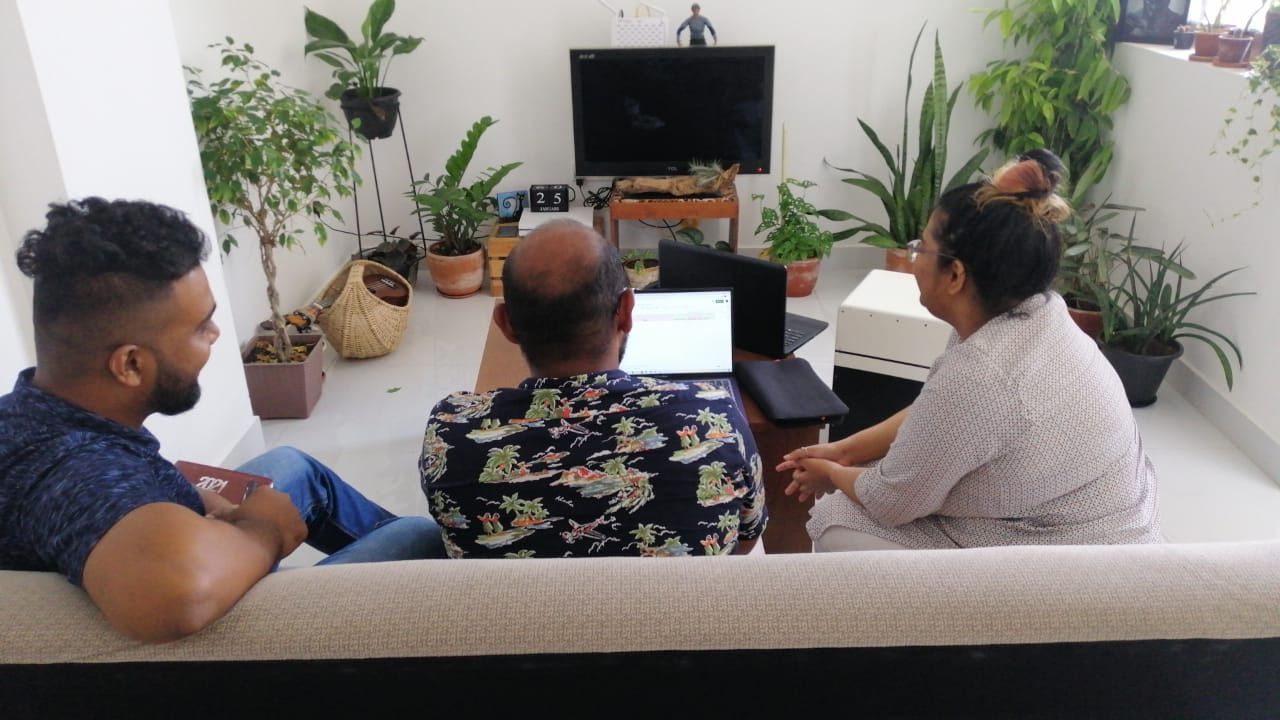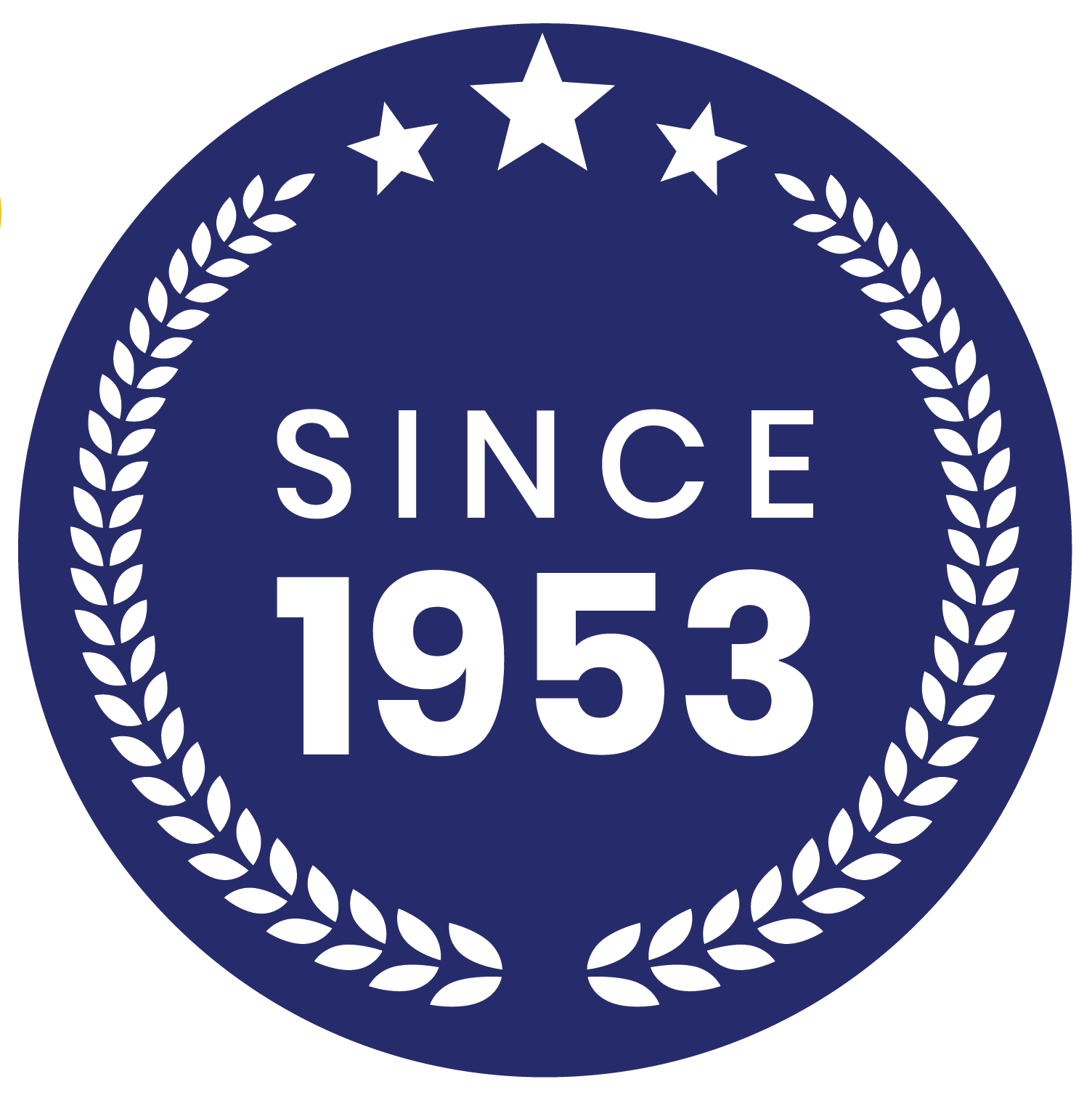Strengthening the capacity of young LGBTQIA+ community members

Members of the Queer or LGBTQIA+ community in Sri Lanka face violence, stigma, discrimination and continue to experience intimidation, harassment and abuse at the hands of both society and state institutions such as the police.
Section 365 and 365a of the Sri Lankan penal code criminalizes consensual same-sex sexual acts, and section 399 of the vagrancy ordinance is used to arrest members of the transgender community. LGBTQIA+ community members face discrimination in accessing employment, housing, and health services because of their sexual orientation.
While there has been some progress, such as the gender recognition certificate, which allows transgender persons to change their National Identity Cards (NICs), significant attitudinal changes in society and law are required if there is to be a truly sustainable and positive change for community members.
A majority of Sri Lankans, including policymakers, reportedly view LGBTQIA+ persons as having a psychiatric disorder and are considered perverse destroyers of the country's cultural, religious, and traditional values. It is often stated that Sri Lankan society considers homosexuality as an "illness" and as a "foreign" or "Western" import that goes against the national interest. (Human Rights Watch, 2016). Lack of social recognition has gravely affected queer/ LGBTQIA+ members' capacity to access and enjoy their rights as citizens. This is highlighted in the evidenced increase in hate speech on social media and the vilification of the queer society by media outlets.
This project will be carried out under the Advocacy Unit's purview to address some of the negative attitudes towards the LGBTQIA+ community.
Project activities:
- Capacity building of young LGBTQIA+ members to address the issues of stigma and discrimination.
- Empowering and training community members to use social media platforms more effectively to share their stories and address myths and incorrect information on LGBTQIA+ issues and concerns.
- Conducting a sensitization programme for both community and non -community members.
- Conducting intensive training for a group of 40 LGBTQIA+ members, allies, content creators and interested media personnel about creatively and sensitively portraying queer narratives and stories.
- Provision of fellowship opportunities to 10 selected participants from the training to develop creative content including but not limited to, articles, blogs, YouTube videos, Facebook campaigns.
- Understanding the nature of media violence towards the LGBTIQ community and identifying the gaps and limitations to approach them through a study.
This project aims to contribute to the long-term objective of supporting and empowering LGBTIQIA+ people being able to live without fear, discrimination or harassment based on their sexual orientation and gender identities/expressions.
.png)


